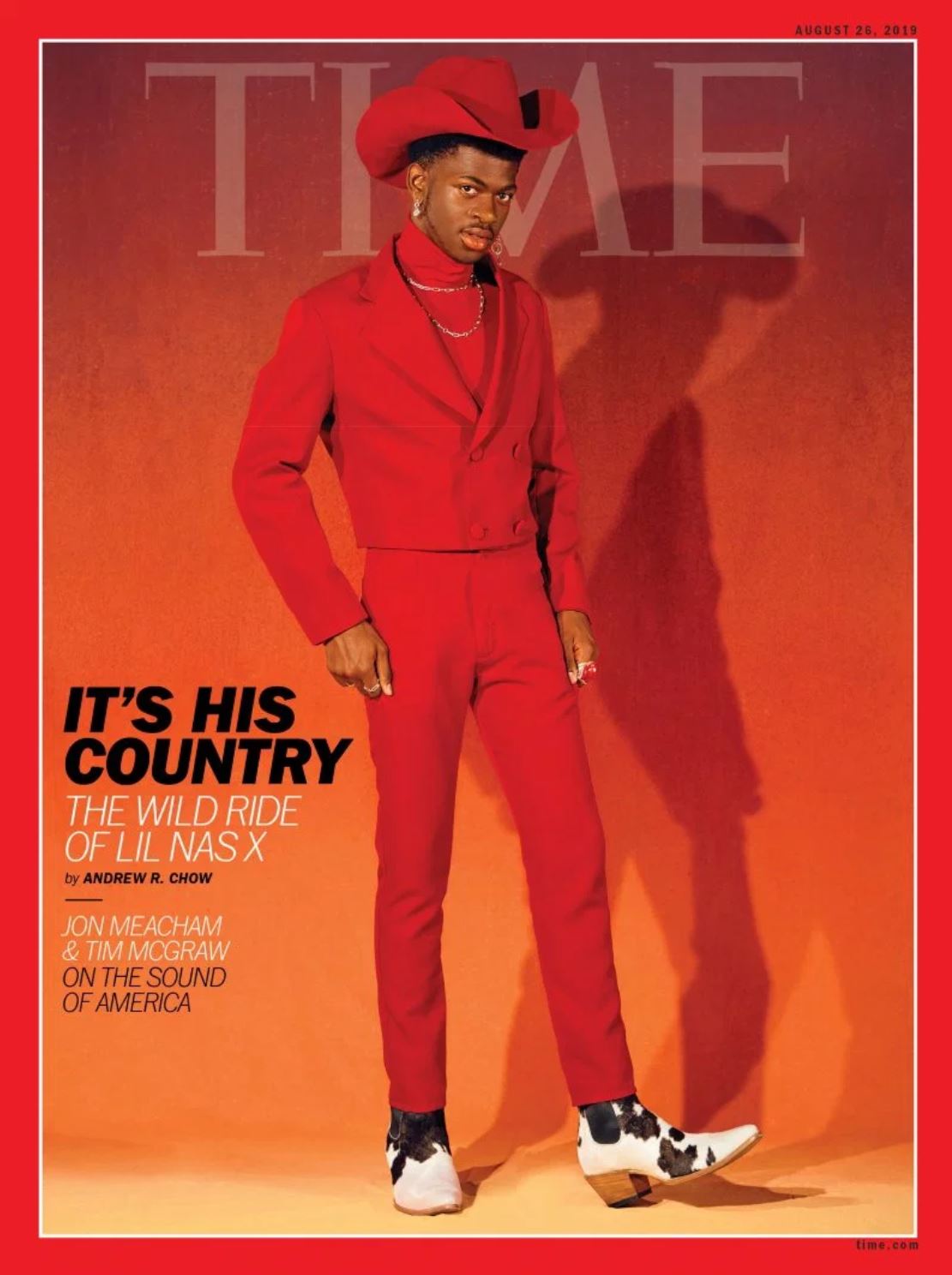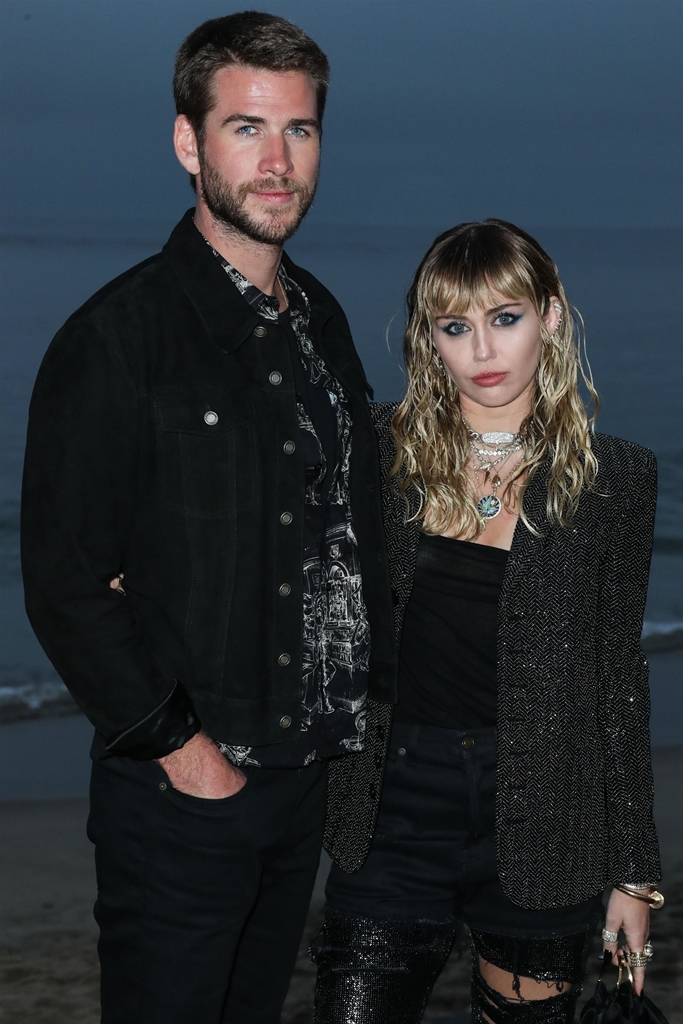Lil Nas X covers TIME



"Old Town Road" has now been #1 on the Hot 100 for 19 weeks, having already beaten the previous record held by both “One Sweet Day” and “Despacito” at the end of July. But just beating the record is seemingly not enough. Next week, OTR seems like it’ll be the first song to hit 20 weeks at #1. A whole five months at the top! How much longer will it go? Half a year? More? Yesterday, TIME released its cover featuring Lil Nas X, just in time for the 20 week run. The story largely covers the ways in which Lil Nas X, with his internet savvy background and blended identity, is changing the music industry and the gatekeepers who govern it.
Throughout its meteoric rise to the top, Lainey has consistently emphasized the song’s, and Lil Nas X’s ability to subvert expectations of the industry, of genre, and of identity, sending people who work within this system scrambling to keep up. Despite that, a lot of people seem to think that Lil Nas X’s success is largely a fluke. That he was lucky and profited off the internet’s seemingly insatiable taste for viral content. That’s how the TIME cover story starts out:
It’s tempting to read this moment as a perfect metaphor for Lil Nas’ career: an amateur flings something into the universe, only to luck into a massive win.
But that’s not actually how it happened, and it largely disregards the amount of work and strategy put into the song by Lil Nas X. In his Rolling Stone interview from May, he explains his process in a bit more detail:
“It was the first song I genuinely formulated,” he says. “I was like, ‘I gotta make it short, I gotta make it catchy, I gotta have quotable lines that people want to use as captions.’ Especially with the ‘horses in the back’ line, I was like, ‘This is something people are gonna say every day.’ ”
Prior to that success, Lil Nas X was constantly online, posting memes and tweets, writing other songs, and studying what worked and what didn’t. Posting memes on the internet doesn’t seem like proper “work”, but it requires the same amount of formulation, forethought, and execution as a successful marketing campaign, with the added bonus that as the world catches up, popular streamers and content creators can secure lucrative deals and sponsorships as a result. It’s a full time job.
While viral content is often the result of a perfect storm of luck and opportunity, OTR was that plus more. Lil Nas X engineered virality, and he did so with a conscious understanding of what he wanted, and how he could achieve it. Here’s an example from the TIME article:
[Lil Nas X] estimates he made more than a hundred short videos to promote “Old Town Road,” plugging it into existing memes or creating his own. “People were like, ‘Where are these memes coming from?'” he says. “If you see something going around the Internet, people want to join in.”
Over 100 short videos! Each video would have had to speak to a specific audience and relate to a variety of memes and subcultures in order to gain popularity. TikTok, the app that made OTR so popular, is relatively new, meaning that understanding how to become popular on there is still a mystery. The app has a “For You” page which is like a newsfeed of endless videos curated based on how you use the app. Getting on the For You page is key to becoming viral, but the specific algorithm of how it works is still unknown. To create a specific campaign to promote his song demonstrates Lil Nas X’s mastery of internet culture, and his keen sense for content creation and promotion.
It’s the same kind of acumen that led him to collaborate with Billy Ray Cyrus, Gordon Ramsey, Cardi B, and soon Pharrell Williams. It’s not just luck, it’s work. It’s really good work, work that he continues to do today. This one line from the article encapsulates that perfectly:
Lil Nas is constantly reading and responding to comments, watching videos, looking at news and laughing at memes... Yet much as he needs down time, he knows he can’t afford it, even if he was capable of logging off: if he doesn’t keep up with the steady stream of content, the social-media world could move on to someone else without blinking.
On the surface, that can seem like a Gen Z kid disengaging and wasting time on social media. But it’s part of his job as he continues to build his brand and his image. If he doesn’t, he risks losing the relevancy that supports his career. Lil Nas X has already disrupted the way we view music. Will he do the same for how we define “work”?

